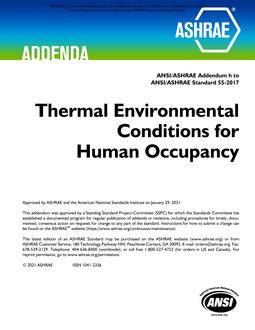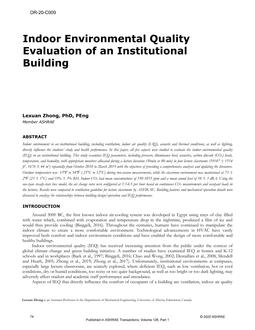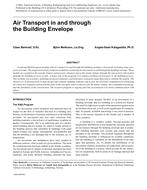New engine and vehicle test cells have become increasingly more stringent regarding temperature and humidity control requirements. In addition, many of the new cells are being designed to operate at temperature extremes from 250 deg F (121 deg C) to -40 deg F (-40 deg C) and at humidity levels as low as 0.3 grains per pound dry air (.04 g/kg) and as high as 100% RH. These operating conditions are well beyond the normal operating range of conventional building heating, ventilating, and air-conditioning (HVAC) systems. Test cell supporting facilities, such as fuelling areas, temperature soak areas, calibration gas bottle rooms, and control rooms, all have their own special requirements. For example, spill containment, fire protection, temperature conditioning of fuel, and ventilation are all issues unique to a fuelling facility. The unique requirements of the test cell, fuel facility, and all other supporting facilities must be fully identified so that adequate, cost-effective building mechanical systems can be provided. For some facilities a unitary approach to ventilation may be superior to a central system. A facility typical of many of the new vehicle and engine test cells is described. The facility’s special requirements and the resultant requirements on building systems are discussed.
KEYWORDS: motor cars, testing, temperature, humidity, controls, heating, ventilation, designing, cooling, costs.
Citation: Symposium, ASHRAE Trans., 1993, vol.99, part 2, paper number DE-93-1-1, 429-439, 7 figs, 2 tabs, refs.
Product Details
- Published:
- 1993
- File Size:
- 1 file , 1 MB
- Product Code(s):
- D-17464


